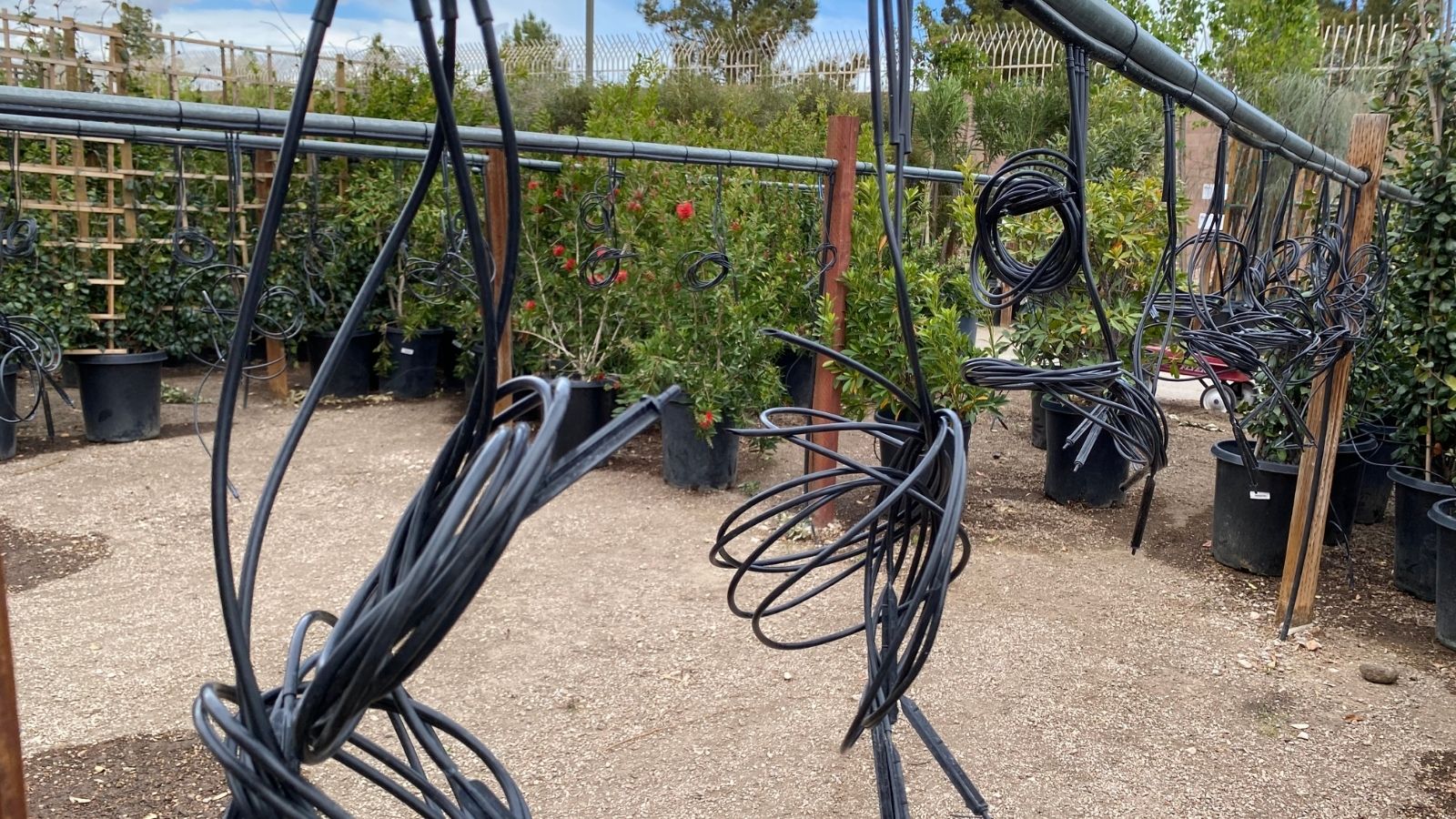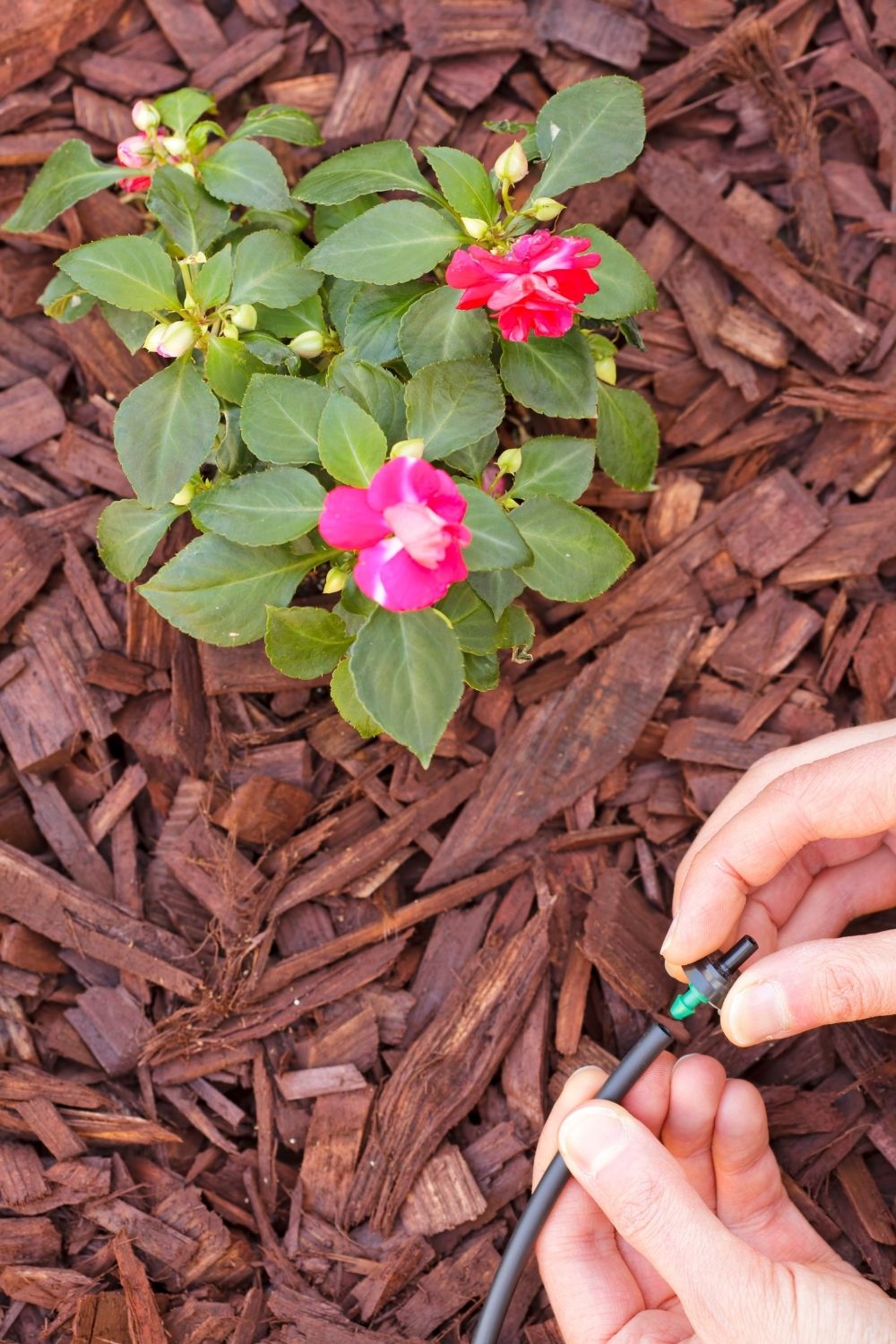Gardening is love in itself. In fact, it’s one of the purest forms of love for our environment. It teaches us about the importance of life and its biodiversity.
Truth be told. People who love gardening possess some of the best human virtues. They carry with them the unique blend of creativity, wisdom, kindness, patience and vision. Likewise, they have the endless inclination for love.
However, to really have a good garden you need to consider a good irrigation system. That’s because irrigation systems play an important role in any garden. Whether you’re growing vegetables, fruits or flowers, you need to consider setting up a good irrigation system to save energy and effort.

Additionally, a good garden irrigation system helps preserve the soil’s nutrients and structure. If you’re worried that you don’t have enough knowledge in building one, don’t fret we got 5 plumbing tips for garden irrigation systems. Here’s a big bonus; these tips are given by professional plumbers.
#1 Know your area’s water regulation
Before anything else, it’s best to know the water regulations in your area. This also works best prior to calling a plumbing company. Identity the resources or agencies that can provide you with the right information regarding the matter.
You can even talk to the authorized person or someone who has enough knowledge about water regulations. Likewise, you can even start your research online. In some rare cases, you might need to acquire a certificate before you start your garden irrigation project.
On the other hand, there’s a small downfall to this step. Often, this causes a little delay. But if you want the project to last for the long term, a good research is needed to install a quality irrigation system.
This gives you the confidence that you won’t face legal responsibilities in the future. At the same time, it can save you a few extra bucks from paying professional lumbers for back-jobs and repair.
#2 Prepare enough cash
Implementing an irrigation system can be expensive. That means you need to prepare enough money for the materials and the plumbing services involved. You can check for other options so you can make comparisons on prices and offers if there are any.
Likewise, you’ll save more money in the long term if you opt for a professional plumber. Furthermore, if you want to install a moisture sensor or a timer, you need to prepare for extra expenses.
An upgrade like this is more expensive than a traditional irrigation setup. Additionally, when making a budget, always prepare at least another ten percent of the budget just in case there’s unforeseen expense.
#3 Know the right components
It’s always a good thing to get yourself familiar with the right components that will be used for your garden irrigation. This will ensure that the right equipment will be used. Also, you can talk with your emergency plumber in case you have doubts about the component.
The sooner you do this, the better it will be for you in an event where you need to replace a specific component.
Choosing the components might give you the feeling that you can do the project on your own, however, don’t give in to the temptation. Always seek the advice of a professional. If ever you choose to do the project on your own accord, you might end up spending more than necessary.
#4 If you can, opt for a drip line emitter
Thanks to the drip line emitter, it releases water directly through the plants using the mainline tubing. Moreover, it’s a plumbing tool that provides the correct amount of water. The important advantage when using the tool is the water goes directly to the soil.

As a result, there’s less damage to the plants. In addition, the tool also works best if you’re making flower beds.
#5 Consider your garden as an investment
Your garden can do wonders especially for you and your family. That even includes the people that come to visit your place. It can even become a good source of income if you think of it as a worthy investment.
For this reason, we suggest you build a good garden irrigation system that will remain functional for the long-term.
